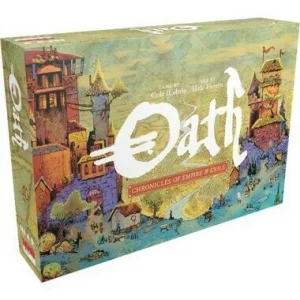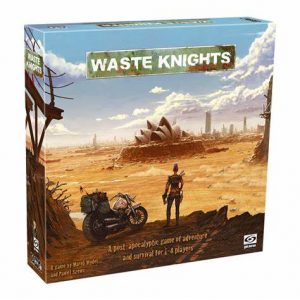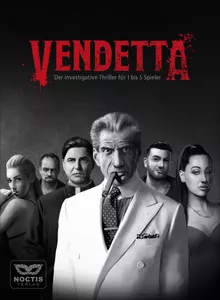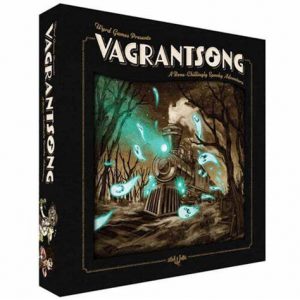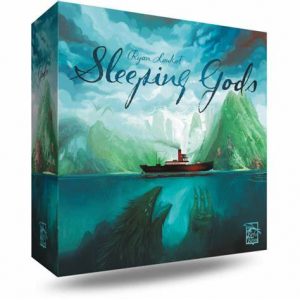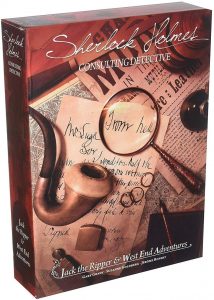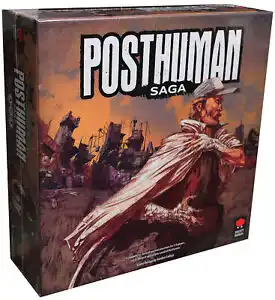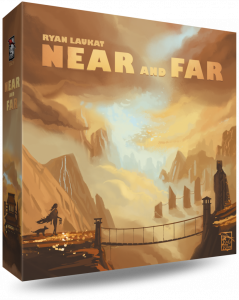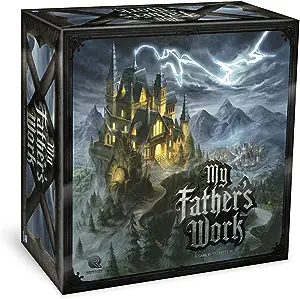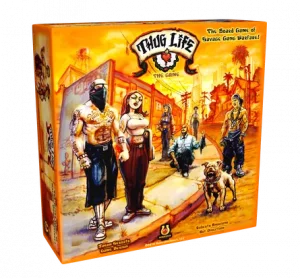
Thug Life
Thug Life is a miniatures combat board game for 2 to 5 players and takes 40 minutes to play.
Players takes on the role of a Boss controlling a gang of Thugs who commit crimes and fight for control of the Streets. Each turn Bosses must measure the risk/reward of upgrading their gang, committing crimes and fighting with their rivals for money, power and respect. The success or failure of these decisions determine how many points of respect a Boss earns each turn. The first Boss to earn 13 respect wins the game.
Game Mechanics:
- Area Control
- Dice Rolling
- Storytelling
- Take That
Game Specifications:
- 2 – 5 Players
- 20 – 60 Minutes
- Difficulty Weight 3.67
